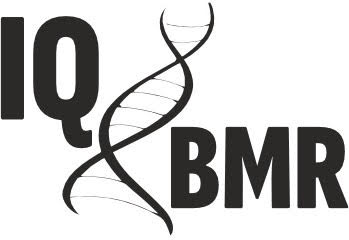Gabriel DĂSCĂLESCU
ABSTRACT :
The microbiota of the gastrointestinal tract is made up of a diverse range of microorganisms such as bacteria, archaea, fungi and viruses. This is a very important segment for the host, both when the host is healthy, but also during the manifestation of certain diseases. The microorganisms that make up the microbiota are indispensable, contributing to vital functions for the body such as digestion, regulating the immune system and protecting against pathogens, as well as facilitating energy metabolism and modulating brain signaling. Environmental factors such as diet, antibiotic consumption and/or lifestyle are factors that greatly influence the state of the microbiota, its functional imbalance leading to chronic conditions such as metabolic diseases, gastrointestinal disorders and some mental health problems.This review article aims to describe the structure of the intestinal microbiota, some benefits brought by the microbiota to the host and how a healthy intestinal microbiota keeps the host healthy. Also, in the case of microbiota disorders, we will discuss some therapy possibilities that aim to restore the balance of the intestinal microbiota and improve overall health outcomes.

